I was 16, going on 17… All I wanted was it to end. It could be anyone’s child!
Sitting on the corner of my bed, a pile of pills in my hand and shaking like a fish out of water, I thought about the people who loved me. It was all blurry faces and meaningless noises. I closed my eyes for the last time and started falling into the bottomless darkness as if there was no ground beneath my feet.
Nothing made sense. Nothing mattered. My heart was racing so loud that I could hear my own heartbeat! It took me less than a blink of an eye; I swallowed all those pills and lay down on the lonely cold floor, hoping it was the end…
The ghostly haunting noises inside my mind continued to wrap me in the darkness.
“Nobody likes me!”
“Why is this happening to me?”
“Why nobody cares?”
The voices of my parents and teachers were creeping in too…
“I told you this will happen, didn’t I? See what you did!!”
“Why don’t you ever listen to me?”
“Stop being so stubborn! Stop being that!! Stop doing this!!”
I know now, with the best interest at heart, that was the best they knew! And what they didn’t know even in their wildest dreams was that they were throwing fuel at the fire, leaving me even more hopeless, like an utter failure.
Child and adolescent minds work in mysterious ways. On top of school bullying, peer pressure, the expectation of excelling at the highest grades, balancing academics vs. extracurricular activities, dealing with hormonal changes, and a bit of chemical imbalance in the brain could be lethal!
All the noise surrounding me confirmed my worst insecurities and actively became my inner voice before I knew it – feeling unworthy, unlovable, and never good enough!
I was fragile, I was lonely, and I never felt safe.
Yet, I was trying, trying very hard.
“What would happen if I said no?”
“I was told, so must obey.”
“If I didn’t do as they said, no one would love me.”
“I need to earn love, work hard for love.”
And little did I know, I was becoming a people pleaser, wanting to save everyone, hoping that I would be saved, or at least I would be noticed.
When I just thought it was the end, I was woken up in a hospital bed, yet again for the third time! I was diagnosed with clinical depression at the age of 16.
Looking back at my childhood, I remember freedom, playfulness, and happy memories; I wasn’t born that way.
My recovery was a long conscious journey of connecting dots. And one of the connections between my destructive adolescent thought patterns became apparent to me when I studied the Karpmen’s Drama Triangle while being trained to become a Child Development & Parenting Specialist.
Dr. Stephen B. Karpman explains that we unknowingly go into three main unhealthy behavior patterns regularly. The first paradigm is when we feel helpless and not in power. We cultivate thoughts such as quoting from my own adolescent thoughts, “Nobody likes me!”, “Why is this happening to me?”, “Why nobody cares?”. We position ourselves into ‘the victim’ mentality. Feeling like a ‘victim’ and displaying unconstructive hostile behavior towards self and others. The danger to this type of thinking is that we feel we are up against our own willpower.
The second part of Karpmen’s drama triangle explains our behavior pattern of how we tend to focus on the faults of others, even feeling that we are right and should also break the point to those who are at fault. As a simple example, “I told you this will happen, didn’t I?” is something I constantly heard from my educators growing up, even as a little kid. Dr. Karpmen identifies this realm of behavior patterns as playing ‘the persecutor’. When we operate from a persecutor mentality, we highlight the failure and make others feel worthless, not improving the situation in any way.
And finally, now I realize that when I was thinking “What would happen if I said no?”, “I was told, so must obey”, “If I didn’t do, as they say, no one would love me”, I have been in the third paradigm of the Karpmen’s drama triangle, which is the ‘rescuer’ position, trying to put others first, not being able to say no.
Have you seen individuals running around and doing things for others most of the time? They don’t even have the time for their basic necessities. Have you seen supervisors (I would not call them leaders) running around putting off fires for everyone in the organization, then ending up being burnt out at some point? These are the rescuers!
None of the behaviors of Karpmen’s drama triangle is constructive. Have you noticed either you or people around you shift between victim, persecutor, or rescuer behavior patterns? Or have you ever seen children move between these behaviors?
“Why you never let me go play with my friends!”
“It is your fault, mom. You were late to bring me to the class.”
“I let my friend copy the exercise. Otherwise, he would fail the class.”
Some of these statements may sound like words of frustration, attention, or even compassion. Yet, they represent the subtle hints of behavior described in this vicious triangle – if we are in-tuned to listen carefully to the deeper and underlying meaning of these statements.
Do you feel these insights may seem insignificant? Or do you realize the negative impact they could have on us, including our children?
Through my personal experience, I reflect, among many other things, on how these thoughts strongly led me to want to take my own life. Because my victim mindset believed the whole world was against me, and my inner critic was persecuting the people around me, including the ones who loved me. So I was convinced that there was no hope.
I was also constantly trying to please everyone around me, utterly tired and trapped in the rescuer mindset. I believe that these mentalities alone may or may not lead one to a place of hopelessness. Yet, being aware of them and being our own rescuer could lead us to build healthy relationships with ourselves and others, creating joy and fulfillment in life.
Over a decade of my experience as an educator, one of the frightening things I have learned is that many children and adolescents fight invisible battles in this world that we, as parents or educators, have no clue about. According to World Health Organization’s reports, an estimated 20% of children and adolescents experience mental health conditions such as depression and anxiety worldwide.
When I was woken up on that hospital bed that day, I wasn’t aware that it was a life-defining moment for me, which would lead me to positively change the lives of thousands of children.
In my journey working with amazing young persons, it is not the academic achievements, grades, or high performance that determines the success or failure of your child’s future. It is the immense power of positive influence as parents and educators we hold to build a safe, open, and catalytic cumulative relationship with your child that will determine whether they would become the next Hitler, A future CEO, or Mother Teresa.
Edited by Fernando Hettiyadura


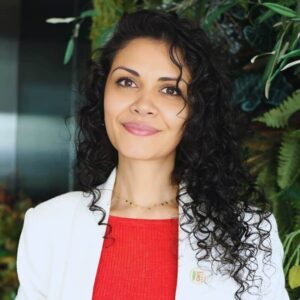

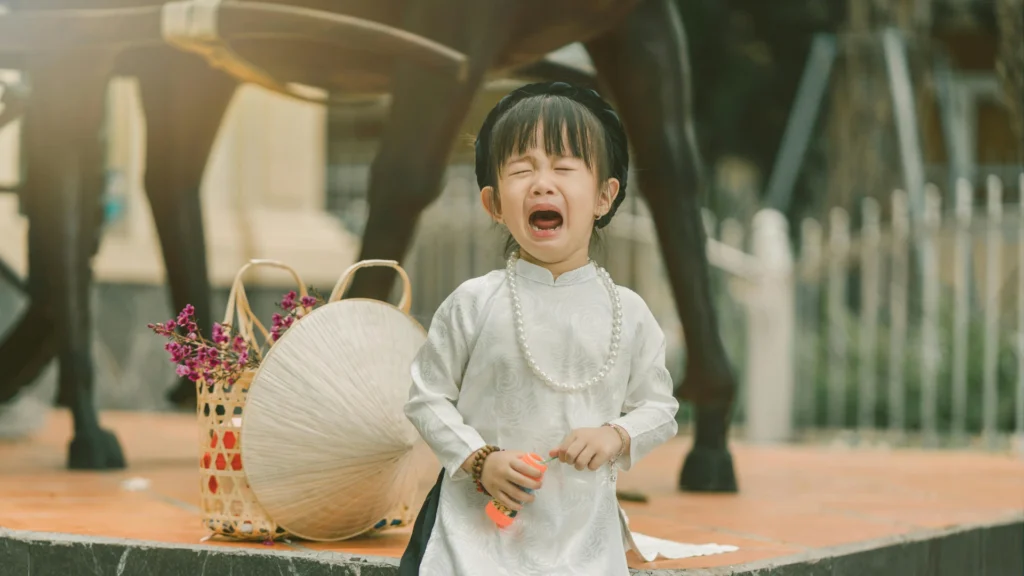
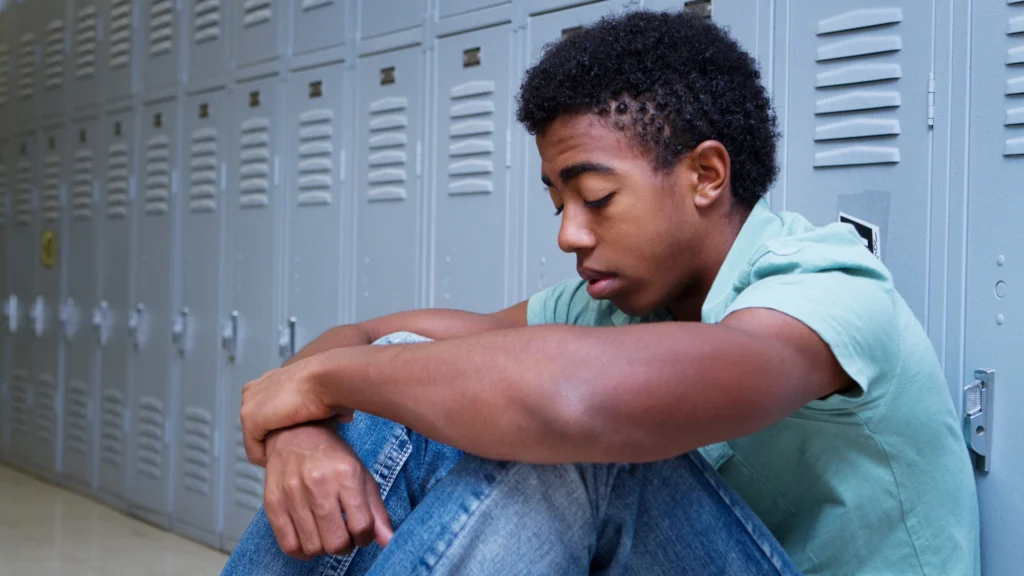

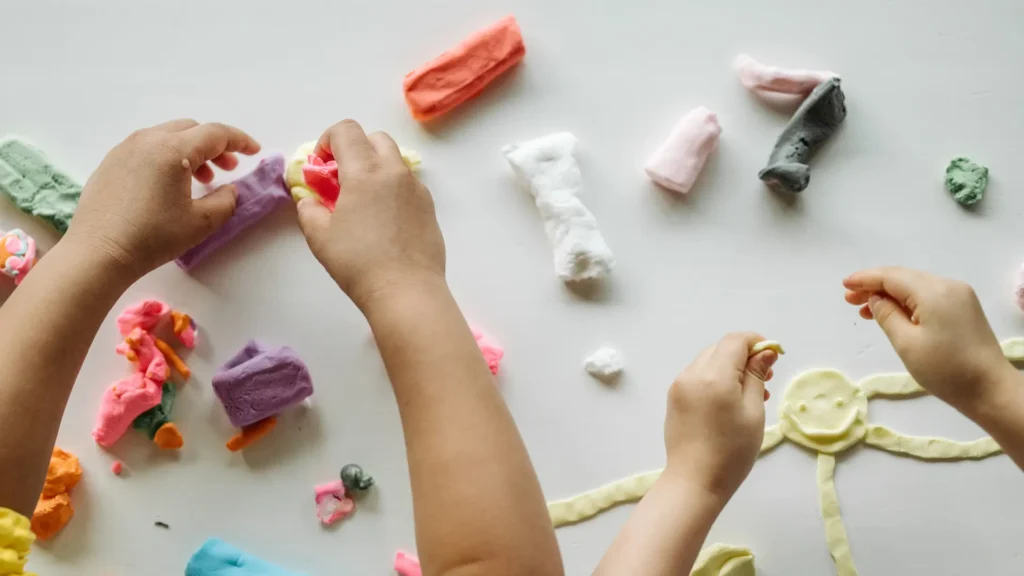
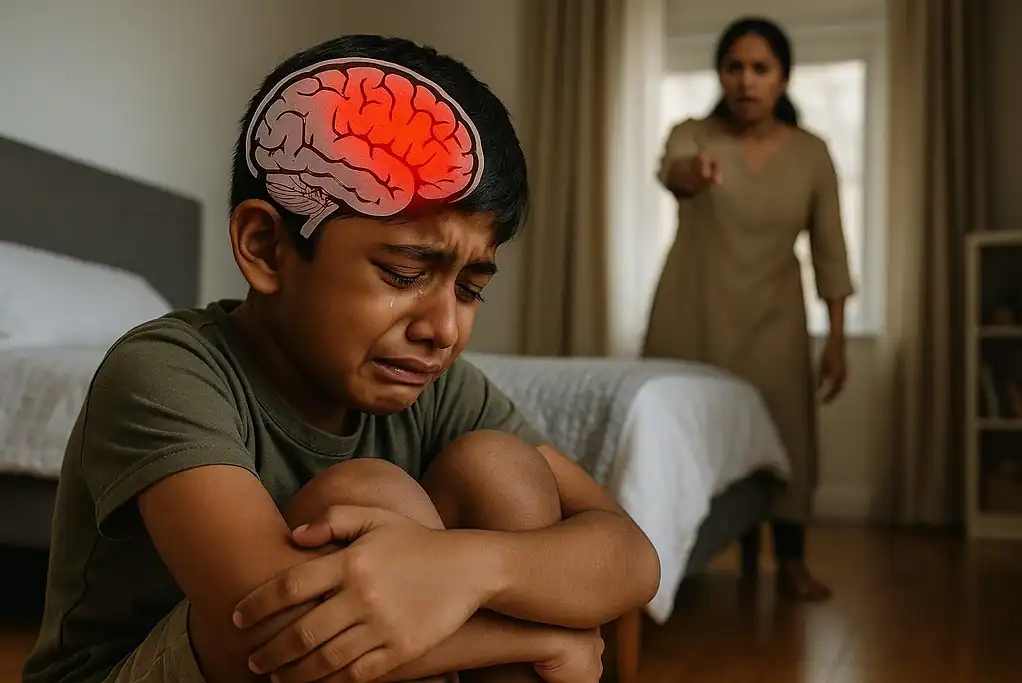
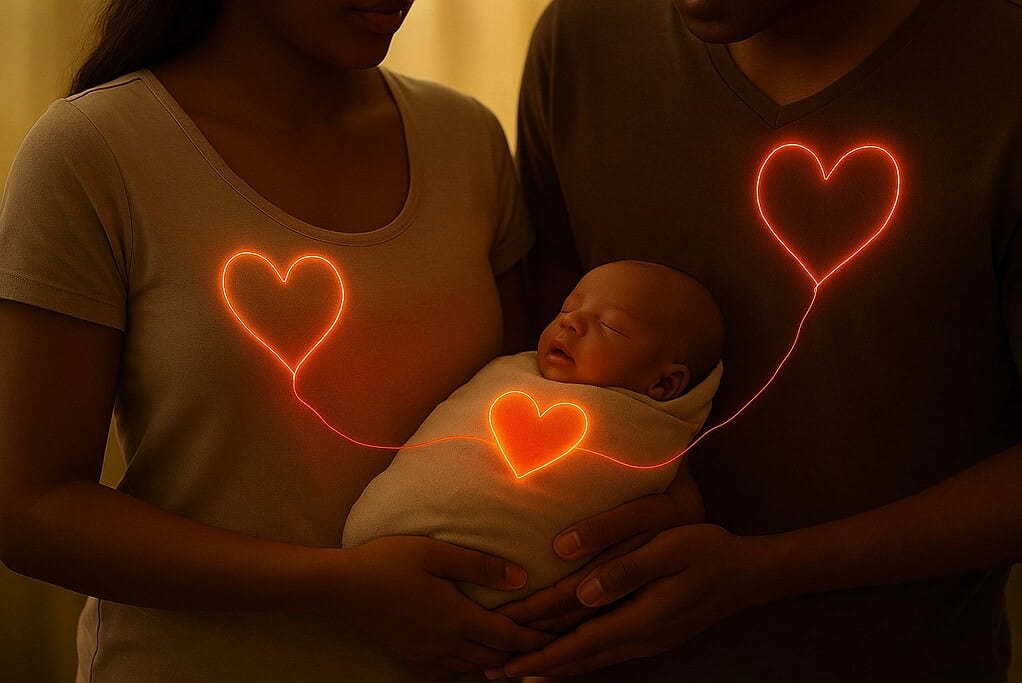
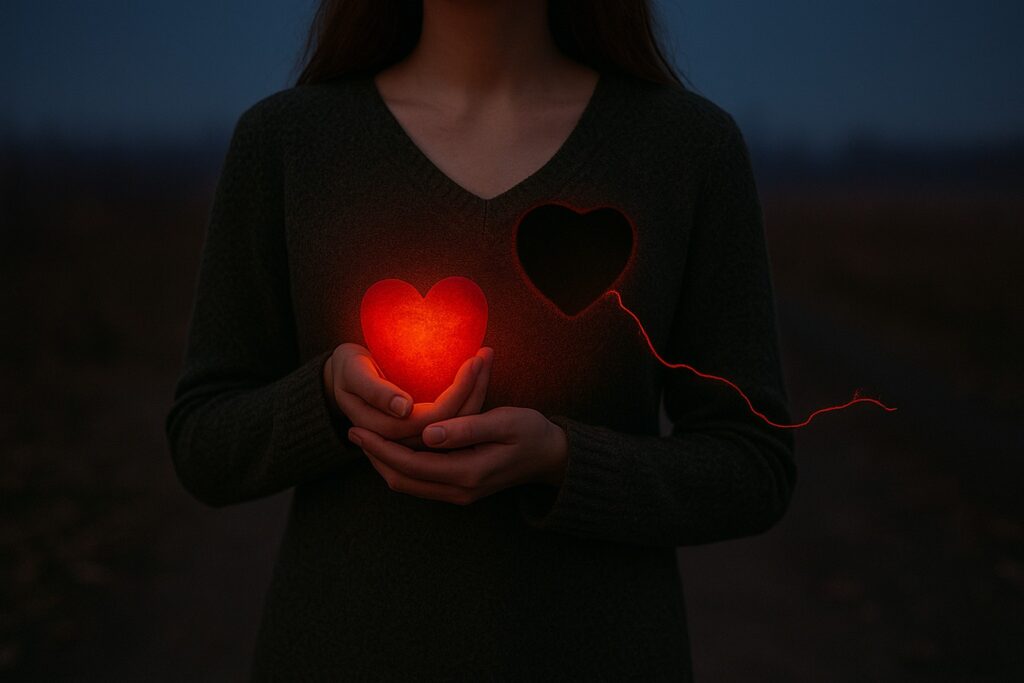
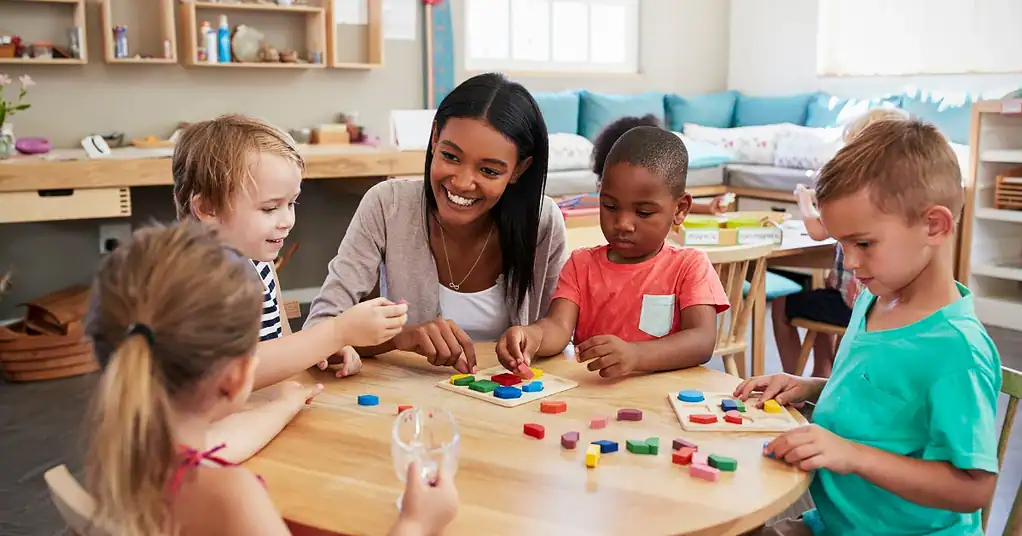
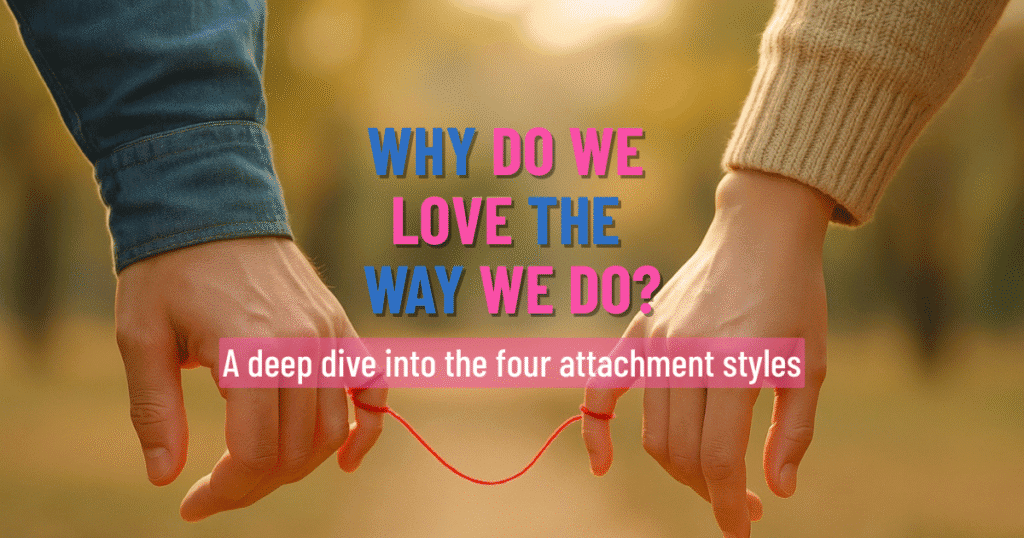
Oh wow! It appears as though that some just turned the lights on in the room. Actually, your experience made clear how critical is the role we play as parents or educators to our kids.
It was a shocking discovery for many of us that we have actually treated this position so casually. We haven’t anticipated how much our behavior toward our children will shape and determine whether they succeed or fail in the future.
Thank you for sharing your valuable insights, Alfred.
Oh wow! It appears as though that someone just turned the lights on in the room. Actually, your experience made clear how critical is the role we play as parents or educators to our kids.
It was a shocking discovery for many of us that we have actually treated this position so casually. We haven’t anticipated how much our behavior toward our children will shape and determine whether they succeed or fail in the future.